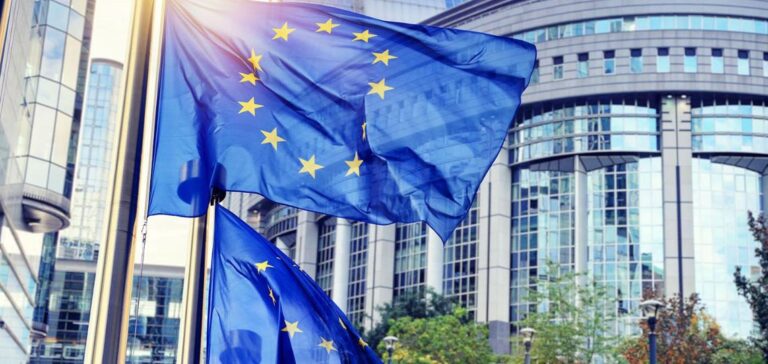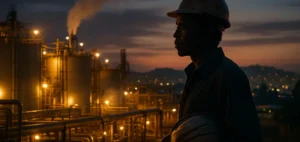The EU wants to counterbalance the soaring prices. To this end, the European Commission proposes an emergency intervention in the energy market. The latter aims to reduce costs for consumers and redistribute record profits of energy companies.
Russia instrumentalizes energy resources and maintains a strong disparity between supply and demand, accentuating the energy crisis. The European institution had already advocated filling gas stocks and reducing demand as winter approaches.
EU fights price hikes
Faced with soaring prices, the EU is studying the possibility of reducing demand. This measure would have an impact on the price of electricity as well as a moderating effect on the market. In this sense, the commission proposes a reduction of at least 5% during peak hours.
Member states should identify 10% of the highest priced time slots and reduce demand in those slots. The EU also proposes to reduce overall energy consumption by at least 10% by March 31, 2023. Countries may choose appropriate methods to achieve this goal, which will result in compensation.
Reducing energy demand during peak periods would reduce gas consumption by 1.2 bcm this winter. Improving energy efficiency is one of the keys to achieving the Green Deal’s climate goals.
Capping the revenues of certain companies
Another measure to counterbalance soaring prices is the capping of revenues in certain energy sectors. Renewable, nuclear and lignite provide electricity at a lower cost than other energy sources.
The manufacturers in these sectors have achieved exceptional profits with relatively stable operating costs. At the same time, high-cost gas-fired power plants have fueled the price increase.
In its intervention plan, the EU plans to cap this inframarginal income at 180 €/MWh. Member state governments will collect revenues above this threshold.
A solidarity contribution for fossil fuels
The EU intervention plan also includes a solidarity contribution for fossil fuel producers. Member States will levy a contribution on profits for the year 2022 that are more than 20% higher than the average of the profits for the previous three years.
These revenues are redistributed to low-income households and companies hit hard by the energy crisis. This would allow the EU to limit the impact of this price surge.
EU countries would also be able to finance cross-border projects in line with the objectives of the RePowerEU program. The promotion of investments in renewable energy and energy efficiency will also be financed by these revenues.
The use of the Energy Prices Toolbox
The European Commission wants to pursue other avenues to reduce the pressure on households and industries. The EU could extend the scope of the Energy Prices Toolbox to support consumers as well as SMEs. These measures would allow regulated tariffs to be set below market prices for the first time.





















